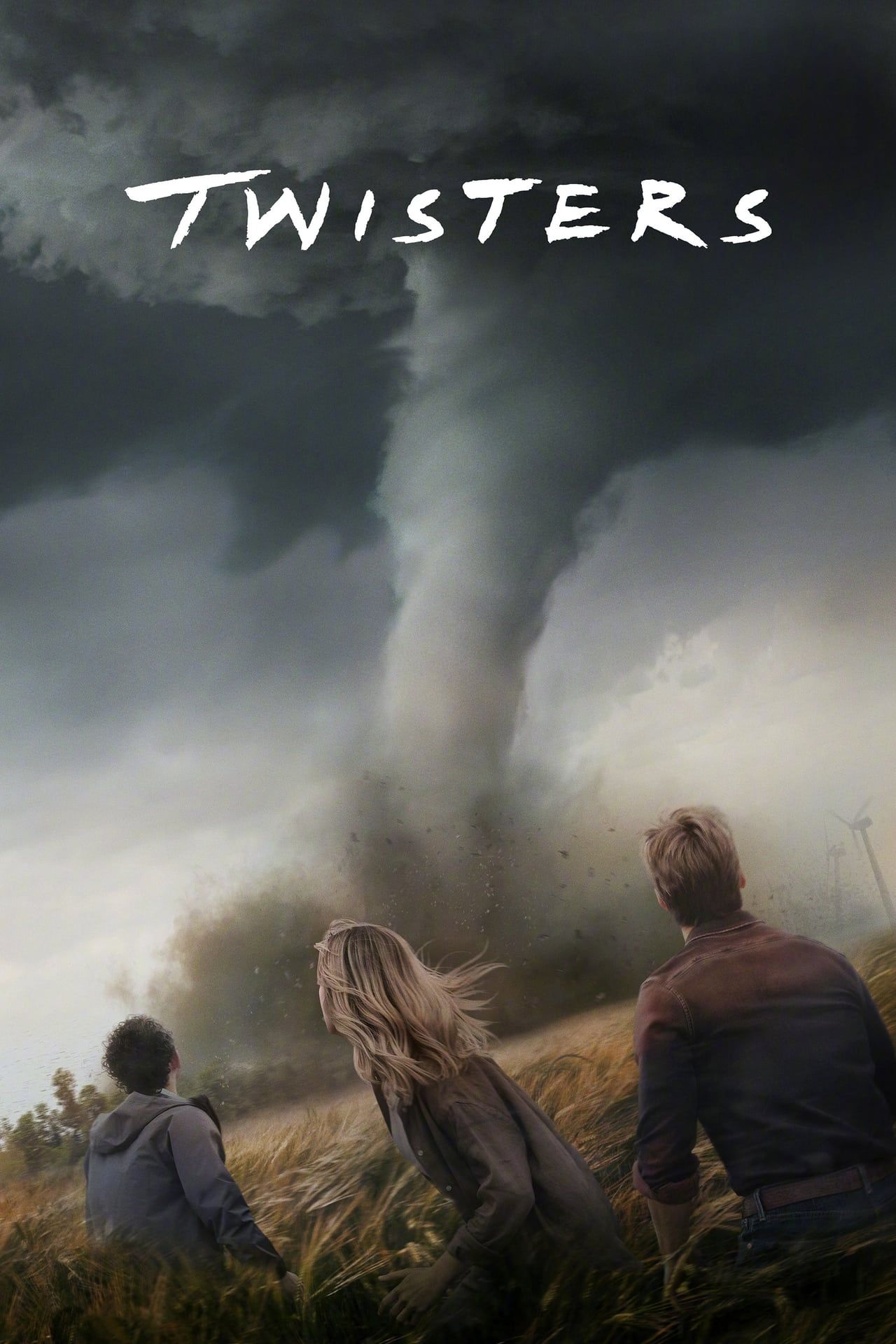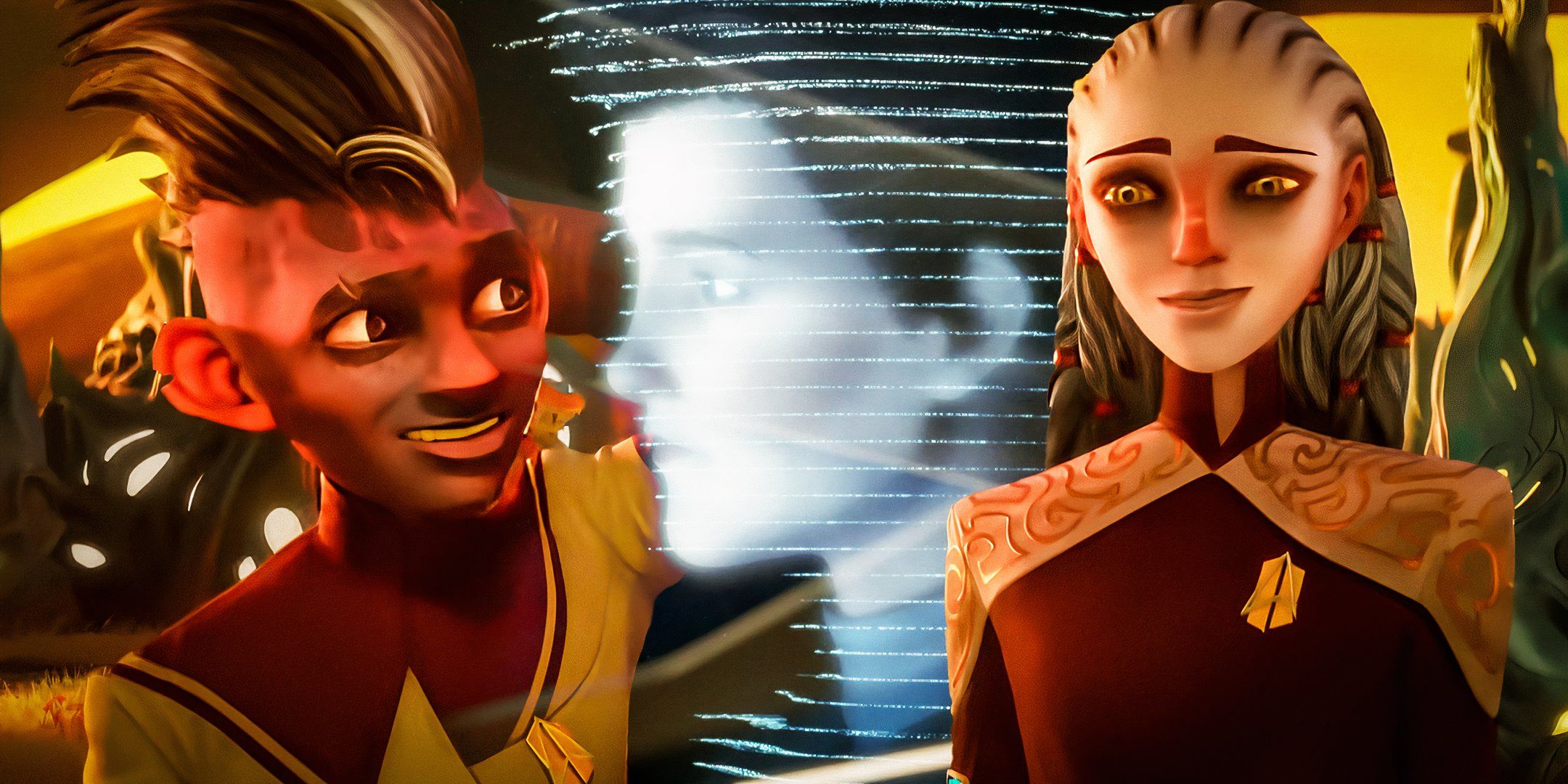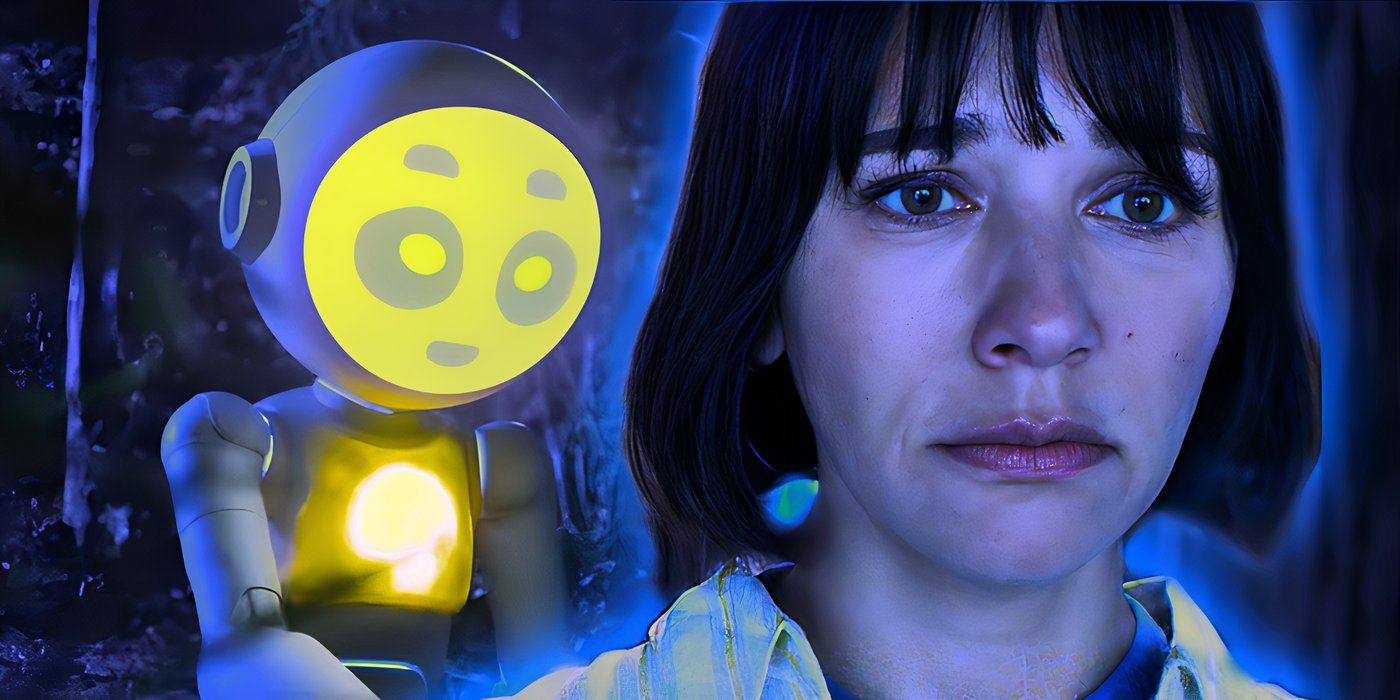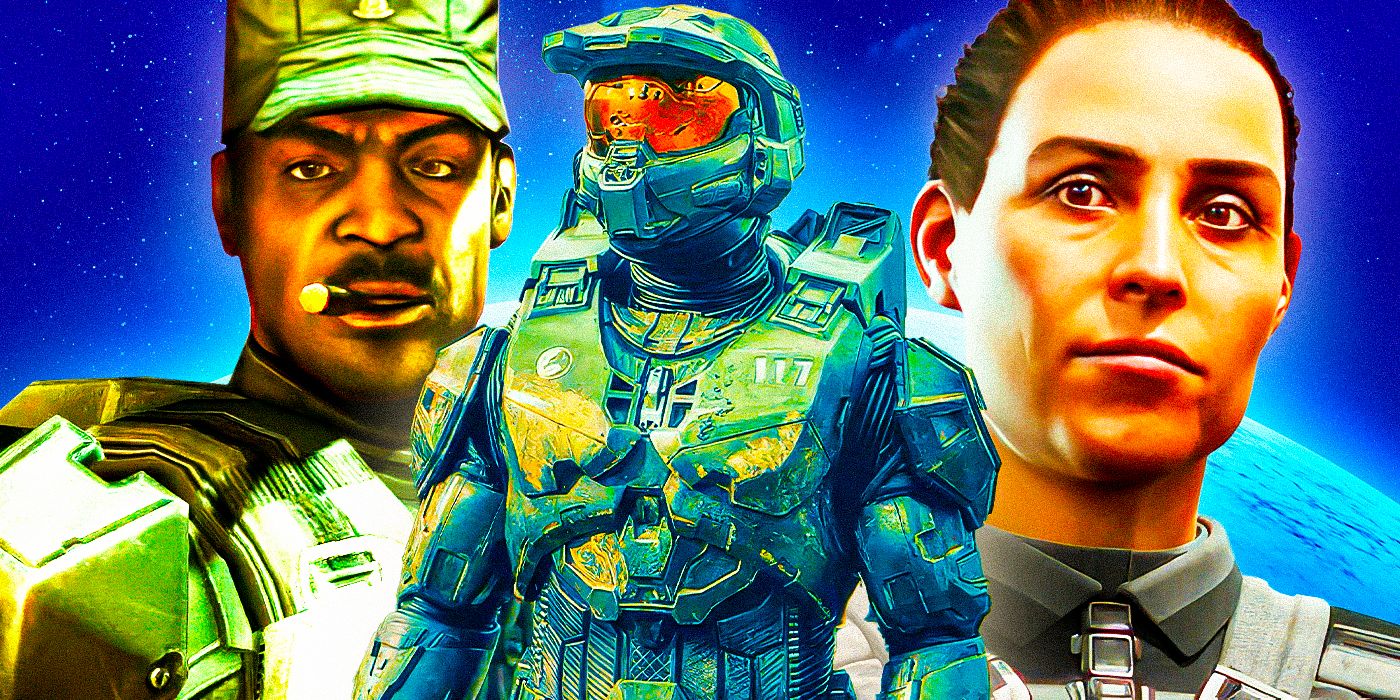On May 27, 2014, Ubisoft released Watch Dogs, a game in which players took on the role of Aiden Pearce, a professional hacker capable of tapping into almost any smartphone in Chicago. Backed by the firm, somber tone of Watch Dogs’ open world, Aiden’s ruthless pursuit of those responsible for his niece’s murder was an exciting thrill. Although not a wholly-unique plot, it served as an introduction to the series, establishing a concrete style that would further determine the remainder of the franchise’s future entries – or so the expectation went.
Two years later, Ubisoft released Watch Dogs 2, which saw a massive overhaul of tone, characterization, and open world design. The first game shined by forming its own identity, separate from games in the same open world, GTA-style genre. Unfortunately, while some encouraged Ubisoft’s decision to make a darker story with a harsh world, most criticized it as too bland or simply too dark. As a result, the series saw an alteration that Ubisoft likely believed would be more fitting. Yet, despite the change in tone, Watch Dogs 2 suffered from a thin story with little depth.
Then came Watch Dogs: Legion, which was released on October 29, 2020. The promise of change and the unique “play as anyone” feature was precisely what the franchise needed, but according to Metacritic the series’ evolution in Watch Dogs: Legion proved to be rather disappointing, as it sits with the lowest score between the three games. Truthfully, the idea of playing as anyone seems intriguing on paper, but in practice players need a sense of attachment to the protagonist; otherwise, caring about the unfolding events becomes nearly impossible. The world lost a significant chunk of immersion, but the primary issue was in the tone.
The Importance Of Tone In Watch Dogs
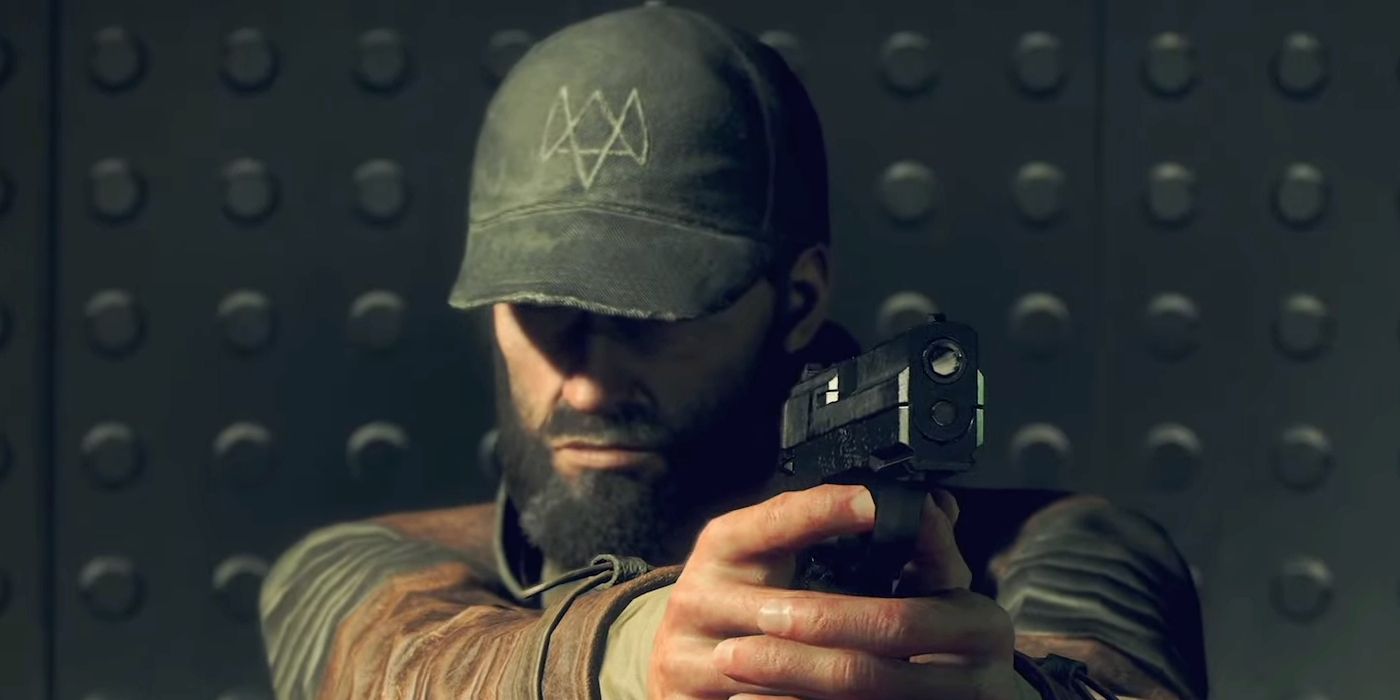
The problem with playing as anyone in Watch Dogs: Legion was how silly some characters were compared to others. Sure, it’s good to have variety, but playing as a deadly grandma in a game trying to take itself and it’s story seriously doesn’t fit. Ubisoft clearly wanted to mix both the first and second game’s tones, but these blended elements simply don’t match. While Aiden Pearce wasn’t the most compelling protagonist, at least there was enough characterization for him to be developed and grow further. There has been a strong demand for a sequel featuring Aiden, but Ubisoft maintained his existence solely through cameos and additional Watch Dogs: Legion DLC.
It seems Ubisoft wanted to make each game more accessible to general players who likely haven’t played every installment. Another franchise from the same developer, Assassin’s Creed, has been able to do this properly. Even though many players may think the series was its prime with the Ezio Auditore games (which spanned from Assassin’s Creed 2 – Assassin’s Creed Revelations) Assassin’s Creed maintained a stable tone within the franchise in each following title, which helped create an immersive world that felt real. Of course, not every franchise needs to maintain one protagonist or overarching narratives to make a good story. However, if Ubisoft wants to constantly move from one protagonist to another while also altering Watch Dogs‘ tone at the same time, it will continue to be jarring.
It cannot be understated how vital tone is when telling a story. Regardless of what direction Ubisoft takes Watch Dogs next, they must find a style that works and stick with it. Constantly changing the tone simply doesn’t work when attempting to produce a new franchise. The original Watch Dogs has the best Metacritic score of all three games, and there’s an explanation for that. The first game had its share of problems, but it was not without hope. It presented an intriguing character with a fascinating backstory while also establishing a tone for the franchise. Ubisoft created an exciting concept with Watch Dogs, but they have yet to find their footing.
